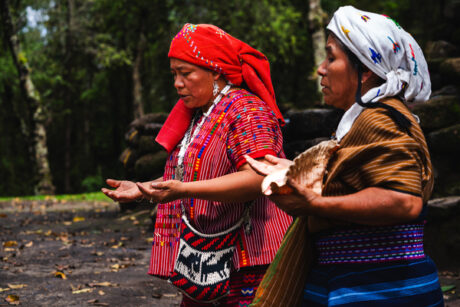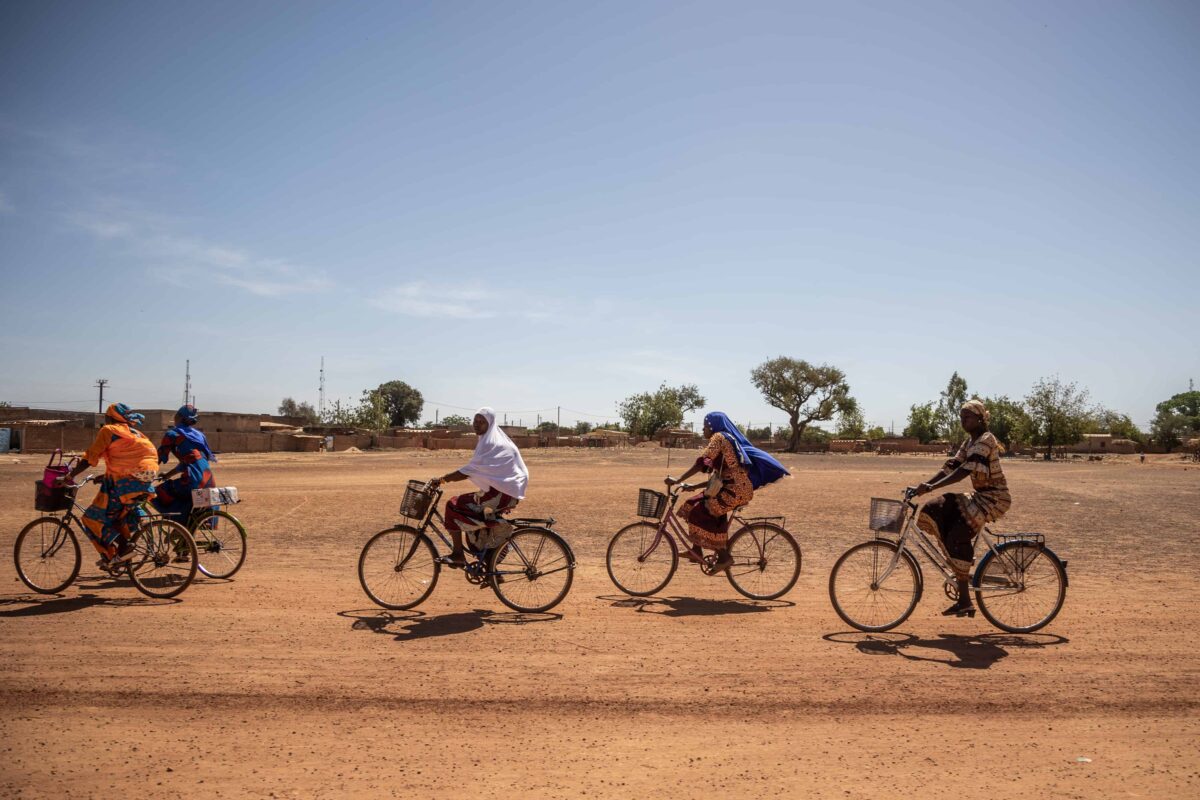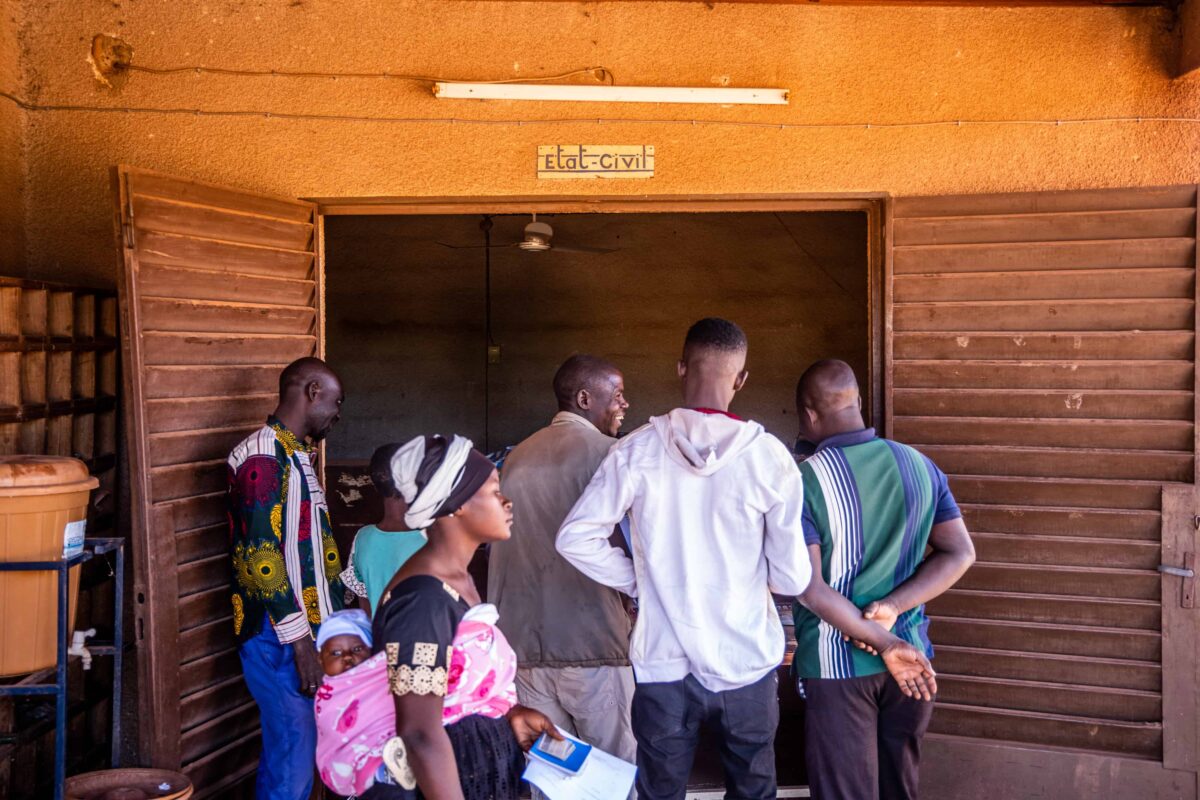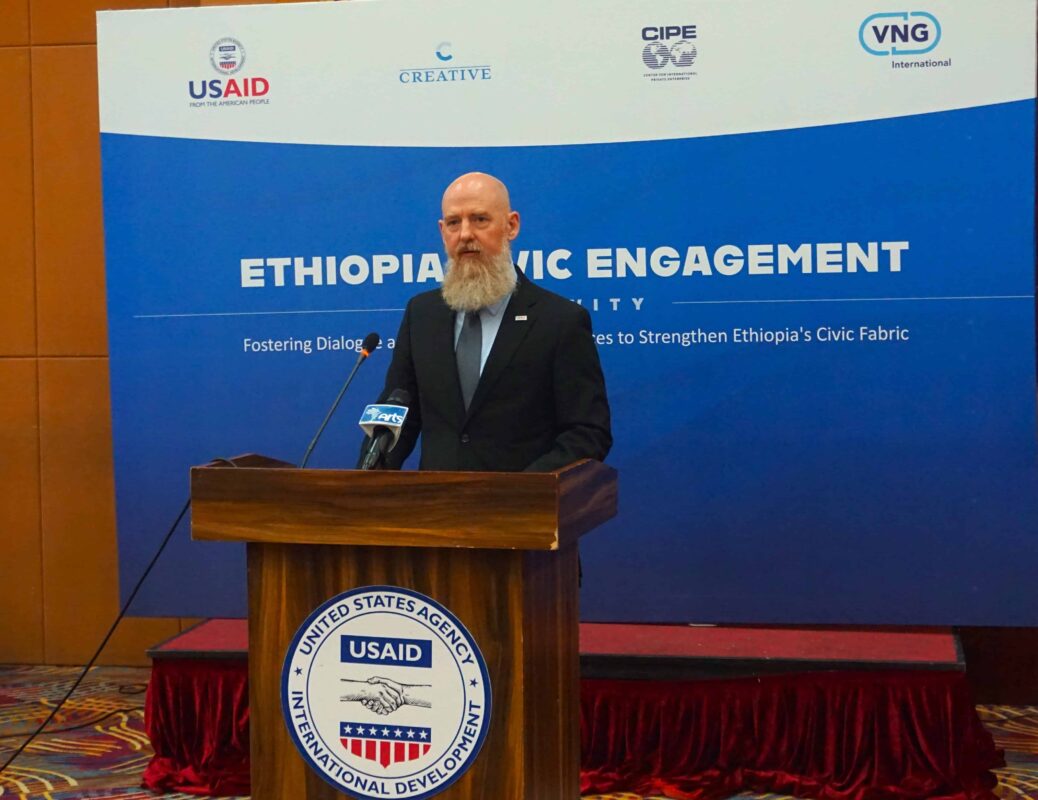The USAID Ethiopia Civic Engagement Activity aimed to strengthen Ethiopia’s social fabric. By fostering a vibrant civic environment, the initiative sought to mitigate conflicts and empower marginalized groups.
The USAID Ethiopia Civic Engagement (ECE) activity endeavored to overcome deep-seated citizen distrust and foster inclusive dialogue, respect for human rights, and citizen-responsive governance to strengthen Ethiopia’s social fabric and advance sustainable development goals. The activity supported inclusive dialogue, human rights, and effective governance through civil society organizations and community-based actors.
The four-year activity issued grants to civil society organizations, universities, institutes and others to conduct research, run training, pilot novel civic engagement ideas, run advocacy campaigns and more.
ECE used the collective impact approach, which calls for multiple organizations or entities to align their individual agendas in favor of a shared common agenda, to foster multi-stakeholder civic partnerships. This approach was activated via problem-driven iterative adaptation as a core methodology to support joint action among local system actors, deconstruct complex challenges and address root issues. Through this approach, civil society networks co-created activities and built capacity for themselves and the sector. The ECE and its partners served as facilitators and supporters in fostering community, connection and trust.
Program Achievements
ECE used a collective impact approach in which civic actors identified, understood and determined solutions to citizen-defined issues in an iterative process. Through identified cluster-led organizations, ECE brought together a cross-section of organizations and individuals — including youth, women, traditional leaders, faith-based organizations and others — to work together to better understand the issues, determine solutions and address the causes while simultaneously building their organizational skills, comity, connection and trust.
ECE supported 20 clusters in key parts of Ethiopia which promoted issue-based partnerships and inclusive dialogue that led to improved governance, operating out of three hubs in Addis Ababa, Dire Dawa and Dessie. Based on the survey of citizen needs and priorities, ECE selected a set of initial issues for support through these clusters based on the findings from its citizen survey. For Addis Ababa and Sheger City, the issues were water, fiscal transparency and inflation. For Dire Dawa, the issues were water, inflation, roads and fiscal transparency. For Dessie, the topics were inflation, peace and security, job opportunity and fiscal transparency.



